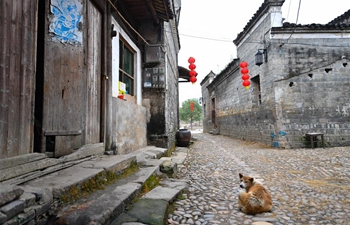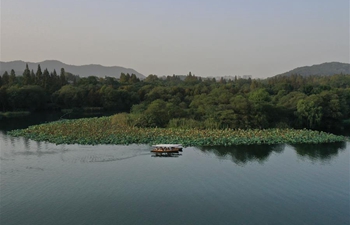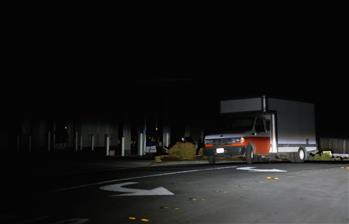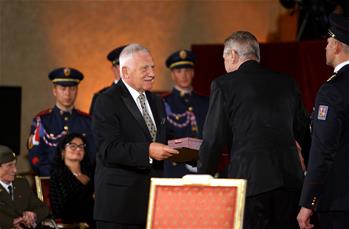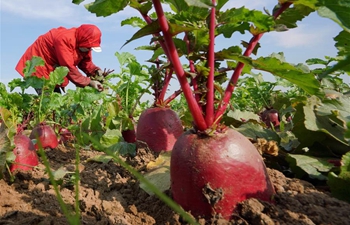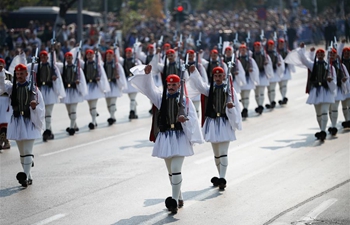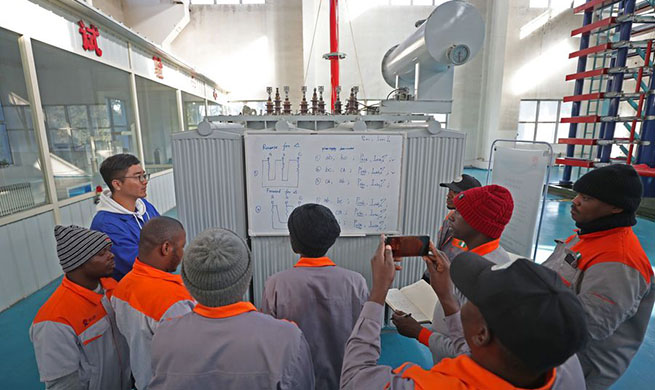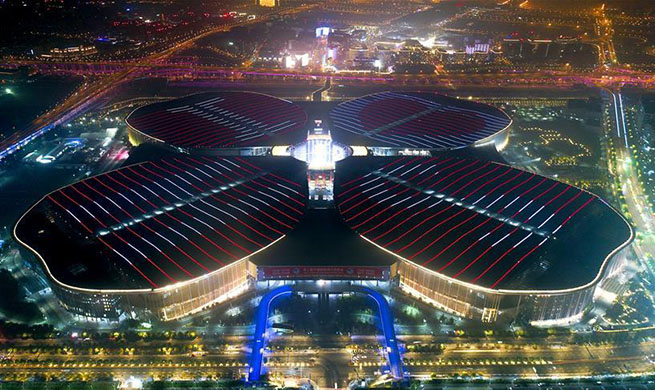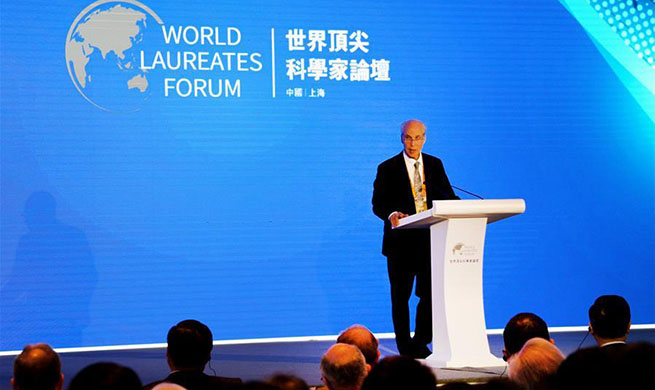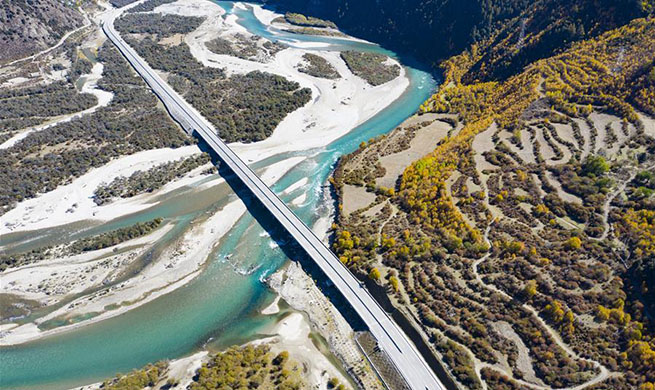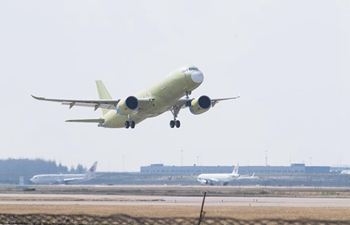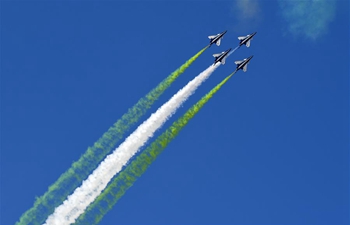KIEV, Oct. 29 (Xinhua) -- The upcoming visit by a North Atlantic Council delegation to Ukraine will not have a groundbreaking effect though it is a sign of support, a Ukrainian expert has said.
Ruslan Bortnik, director of the Ukrainian Institute of Analysis and Management of Policy, made the remarks in an interview with Xinhua on Tuesday.
The delegation headed by North Atlantic Treaty Organization (NATO) Secretary General Jens Stoltenberg is expected to pay a visit to Ukraine on Oct. 30-31.
"I think that to a large extent the main goal of the visit is to 'synchronize their watches.' The government changed in Ukraine, and the NATO leadership wants to check the possibility and necessity of continuing the cooperation programs," Bortnik said.
"This is a series of programs like the gradual adaptation of NATO military standards by Ukraine and a wide range of political cooperation. These issues will be mainly discussed. I do not think that any breakthrough political statement will be made," the political expert added.
"Several politicians are stating that it is necessary to apply for NATO membership. But I don't think that this will happen this time, since the risks are high that Ukraine will be rejected as in 2008, and President (Volodymyr) Zelensky will bear political responsibility for this refusal," Bortnik said.
Bortnik noted that Ukraine has not made much progress towards joining NATO so far as it's still facing several problems like the unresolved conflict in the eastern area or the status of Crimea, as well as the slow economic growth and the low level of income.
"But this is also that NATO itself is not ready to expand to the East and to enter into almost open conflict with Russia on the territory of Ukraine," added the expert.
He said he believes that the visit may negatively affect the upcoming Normandy Four (Ukraine, Germany, France and Russia) meeting, leading to aggravated relations with Russia, which continues to consider Ukraine as the area of its influence, and any attempts by NATO to gain a foothold or increase its influence in Ukraine as hostile actions.
"It may affect the process of peaceful settlement in the Donbas as well. Russia might come up with new, formally or not formally, requirements for settlement...," said Bortnik.
Last week, Ukrainian Deputy Prime Minister for European and Euro-Atlantic integration Dmitry Kuleba said the upcoming visit by the North Atlantic Council delegation is a powerful sign of NATO's support for Kiev.
